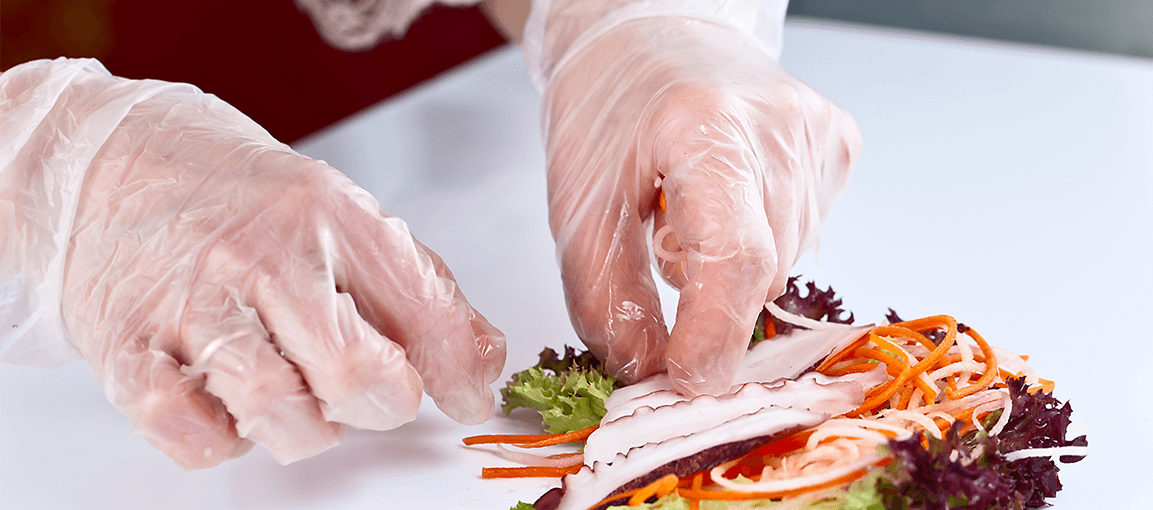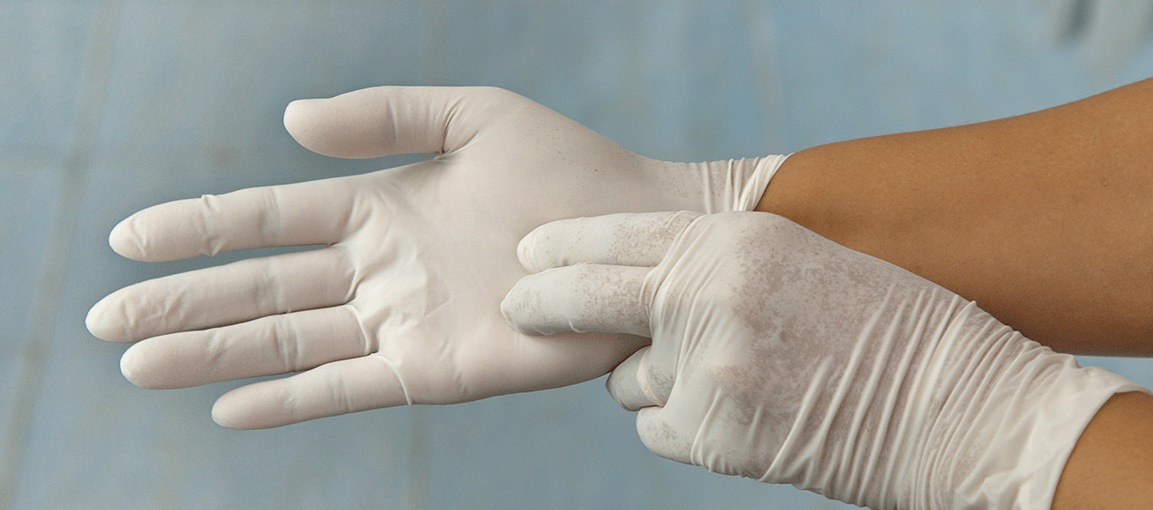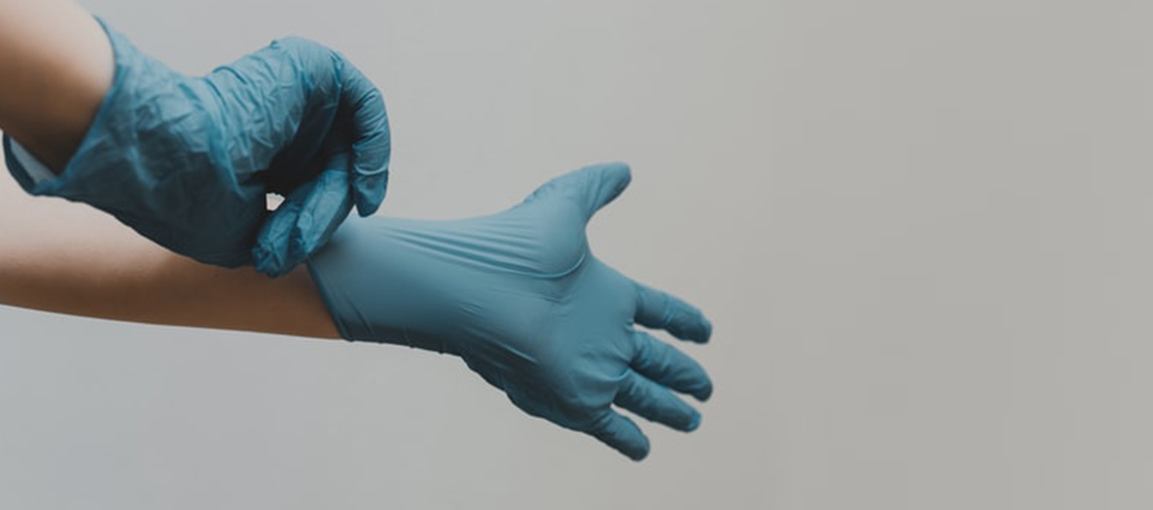You searched for nitrile - Page 4 of 7 - Omni International
- Home
- Search Results for nitrile
Controlled Environment Gloves
Controlled environment glove, also known as Clean Room Gloves, materials must provide protection against particulate contamination. They are widely used in electronics and pharmaceutical industries. Critical environment gloves are typically Class M 3.5 (Class 100) and M 5.5 (Class 10,000) and higher. Controlled environment gloves are made from polyester, nitrile...
Read More
Why the Food Service & Food Processing Industries Need Gloves with AMS Technology
According to the Centers for Disease Control and Prevention (CDC), one in six Americans get sick every year from eating contaminated food. Because of the utmost importance of food safety, Omni International Corp. has always investigated and invested in ways to ensure our gloves are of the greatest quality and...
Read More
Art Miller Wins Simply Powerful Partner Award at NDC Exhibition 2019 (& Other Show Takeaways!)
On April 9, 2019, Omni International Corp. was pleased to attend this year’s NDC Exhibition at the Gaylord Opryland Resort & Convention Center in Nashville, Tenn. NDC’s annual event provides the perfect space and setting for healthcare supply chain industry leaders to create meaningful connections. This show was the best...
Read More
7 Best Practices for Wearing Disposable Gloves
Disposable gloves are helpful – and often required – in many industries, but just like any tool or supply, there are best practices worth following that can ensure you get the best wear out of your gloves while maximizing barrier protection. Here are seven best practices to follow for wearing...
Read More
Are Vinyl Gloves Waterproof?
Vinyl gloves (also known as synthetic gloves) are waterproof – to a degree. Their water resistance comes from what they’re made of: polyvinyl chloride (PVC) paste and a plasticizer that softens the PVC to make it pliable. PVC is a synthetic resin used in many plastic products around the world...
Read More
Chemotherapy Gloves
The FDA currently requires testing to publish the claim that any glove is appropriate for use with chemotherapy drugs. These are thicker (greater than 0.10 mm) latex and nitrile examination gloves. The OmniTrust™ #212 Powder Free Nitrile CF Gloves are certified safe for use with chemotherapy drugs.
Read More
From Thick to Thin: A Walk Down Memory Lane
In our last blog, we discussed the industry shift from thick nitrile gloves to thin nitrile gloves and why they are the dominant glove used in healthcare environments. While we believe that blog did a good job of outlining the many benefits of thin gloves compared to thick gloves, we...
Read More
Science Behind Glove Sterilization
When you pick up a new box of gloves, more than likely, there is a disclaimer that tells you they have been sterilized. But, do you ever wonder what this process looks like? How are the gloves made and how do they decontaminate the gloves from unwanted bacteria and get...
Read More
The Latest Tariff News
It is now mid-September, and we would like to update you on the following tariff items on Chinese manufactured glove products: September 1, 2019 – a 15% tariff was added to all inbound containers of nitrile exam gloves from China. October 1, 2019 (unofficially moved back to October 15, 2019)...
Read More







